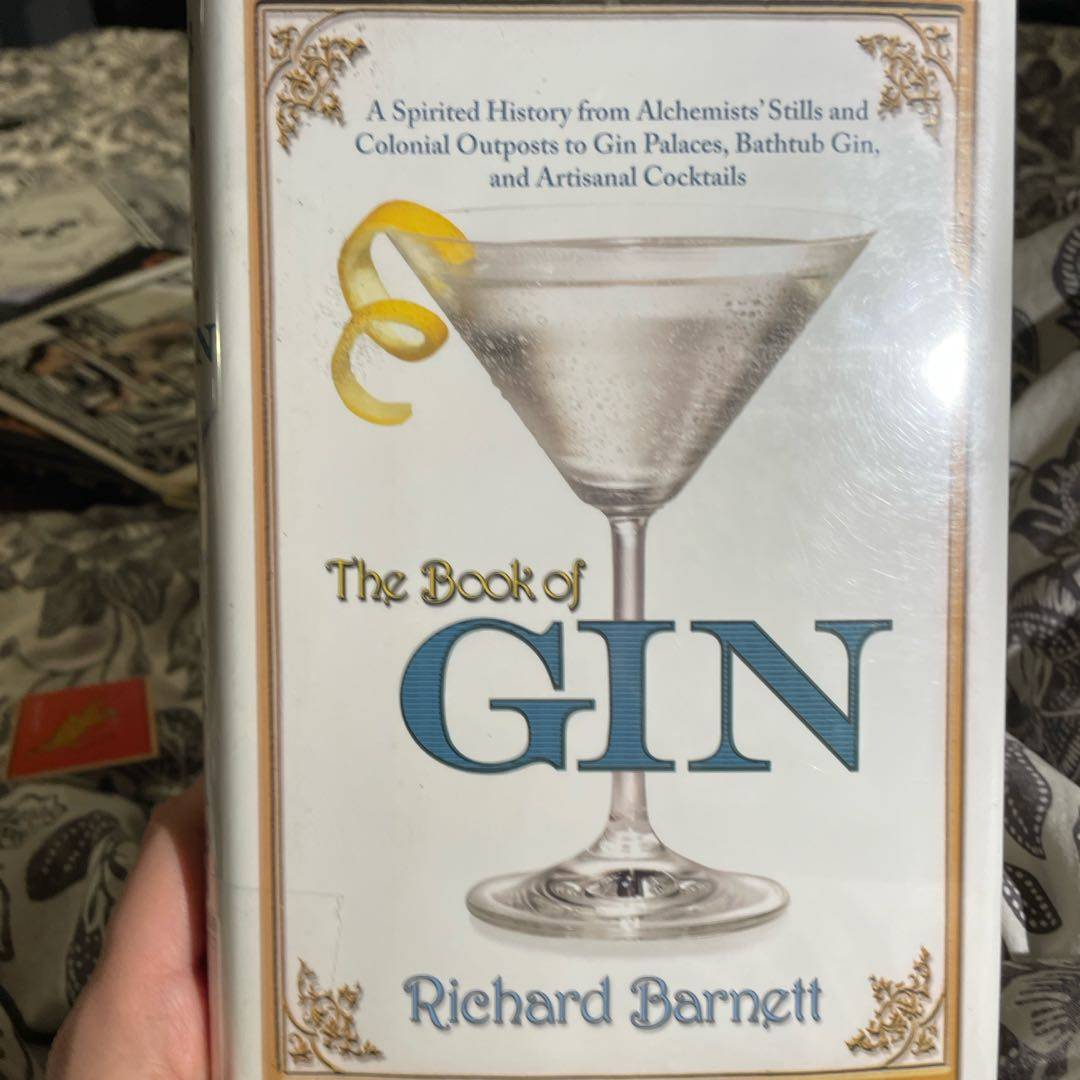
Gin‘s proverbial clarity, like a prism of clear glass, refracts a rainbow of historical color.
12 likes

Gin‘s proverbial clarity, like a prism of clear glass, refracts a rainbow of historical color.

Cucumber gin and tonic while I wait for my Thai food. This post is @Moray_Reads approved.